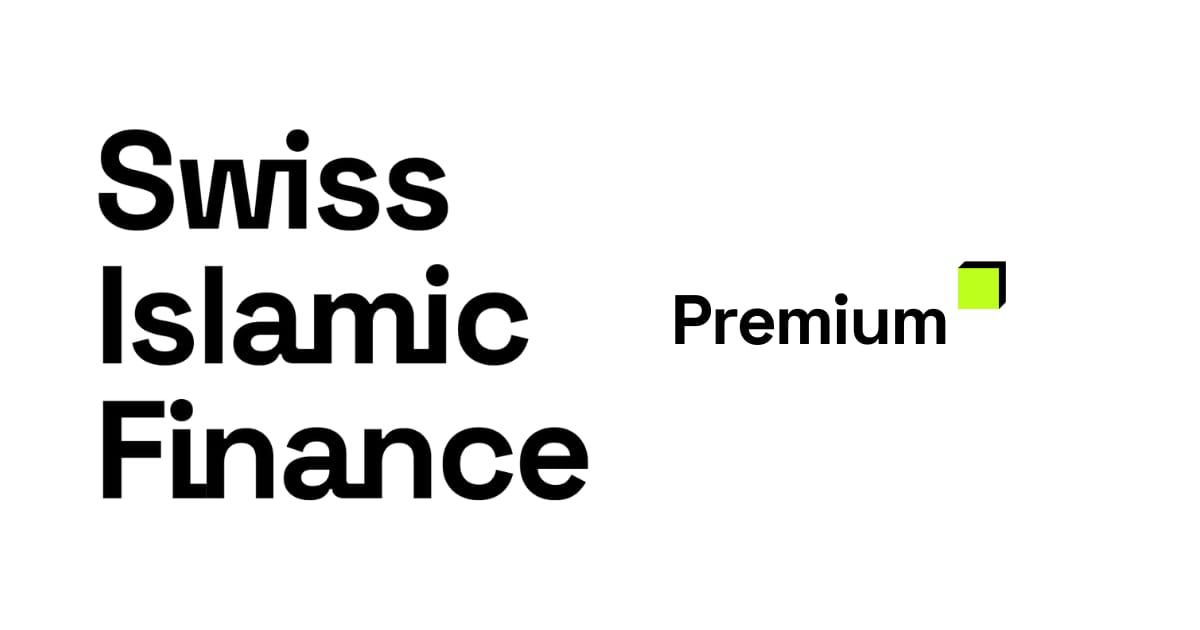- Swiss Islamic Finance
- Posts
- Shariah-Compliant Crypto
Shariah-Compliant Crypto
How Digital Assets Are Classified in Islam

Crypto’s Most Influential Event
This May 5-7 in 2026, Consensus will bring the largest crypto conference in the Americas to Miami’s electric epicenter of finance, technology, and culture.
Celebrated as ‘The Super Bowl of Blockchain’, Consensus Miami will gather 20,000 industry leaders, investors, and executives from across finance, Web3, and AI for three days of market-moving intel, meaningful connections, and accelerated business growth.
Ready to invest in what’s next? Consensus is your best bet to unlock the future, get deals done, and party with purpose. You can’t afford to miss it.
Crypto Is Moving On-Chain. But What Does Shariah Say About It?
This week was an important milestone.
My friend and respected scholar Mufti Faraz Adam launched Episode 1 of his new Crypto Shariah Series, a brilliant and timely initiative to help Muslims, founders, investors, and institutions evaluate digital assets through a sound Shariah framework.

In a world where value is increasingly going digital, this series brings clarity, structure, and precision to how we screen, classify, and understand crypto from a Shariah lens.
The serie covers 5 foundational blocks:
Stablecoins & money: when “pegs” pass or fail
Staking, yields & ribā: substance over labels
DeFi building blocks: swaps, lending, oracles
Tokenised RWAs & sukuk on-chain
Governance & ongoing Shariah assurance
But one of the key insights from the session is this:
How Can We Classify Digital Assets in Shariah?
Shariah recognizes digital assets as property (māl) if they meet the following criteria:

📌 In short, ownership + transferability + enforceability = shariah-recognized asset.
This moves us from general slogans ("crypto is haram/halal") to specific tools and repeatable screening.
The Screening Framework: How We Actually Assess Coins
The framework introduced by Mufti Faraz includes 5 layers of analysis:

Example from the episode:
✅ Solana (SOL) was analyzed across all five dimensions. Its use case (network fees, validator staking) and protocol function (L1 payment rail) were assessed and deemed Shariah-compliant.
Why This Matters to Us
Too many Muslims are left guessing when it comes to investing in crypto:
Is this coin halal or haram?
What about staking?
Is this “DeFi” protocol permissible or just a ribā machine with new branding?
At Swiss Islamic Finance, our goal is to bring clarity and confidence to our readers.
We don’t throw labels.
We offer frameworks.
And we constantly update our tools with the best research available.
🚀 ANNOUNCEMENT: The Halal Crypto Screener is Coming Soon
To make your investing journey easier, we’re building something special.
🛠️ A Halal Crypto Screener: a free tool (with optional upgrade) to screen digital assets using Mufti Faraz’s framework and other institutional-grade filters.
🔎 You'll be able to:
Check if a coin is halal, doubtful, or haram
Understand why a token passes or fails
Get updated reports as protocols evolve

—> It’s currently being tested and refined. Stay tuned!
Final Word
The Exponential Age is real, and Muslims must navigate it with knowledge, not fear.
Crypto is no longer just speculation. It’s where the infrastructure of the next financial system is being built.
To stay ahead, we must combine Shariah literacy + technical literacy.
We’ll continue helping you do just that.
Until then, stay halal, stay informed.
Invite Your Friends
If you enjoyed this issue, forward it to someone who’s asking if “Bitcoin is halal.”
They’ll thank you later:
Exponential investing & Grounded discipline:
Most people will chase green candles.
You’ll already be rotating.
The next 3–6 months are not for tourists.
They’re for snipers, those who prepared early, size correctly, and sell into strength.
Or go all-in with full access to both Crypto & Equity Premium Subscription for the price of one rally missed:
—
Stay smart. Stay liquid. Stay focused,
Saâd
from Swiss Islamic Finance


